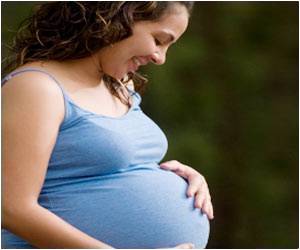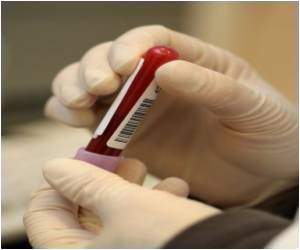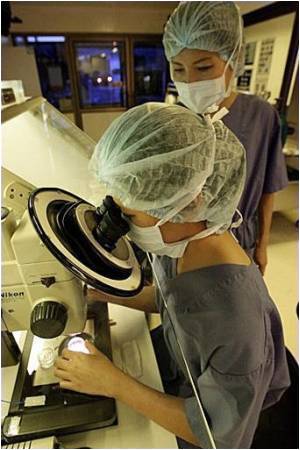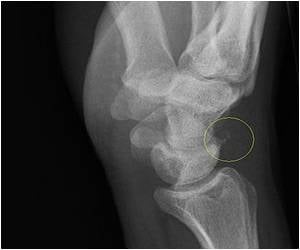Estrogen receptors in the liver are important in maintaining fertility, according to a recent study.

The findings in mice may have important implications for some forms of infertility and for metabolic changes that come with menopause, said the researchers.
"This is the first time it has been demonstrated how important the liver is in fertility. The idea that diet may have an impact on fertility isn't totally new of course, but this explains how diet, and especially a diet poor in protein, can have a direct influence," said Adriana Maggi of the University of Milan in Italy.
Maggi's team got interested in the liver receptors quite by accident. In studies of mice, "we saw that the organ that always had the highest activation of estrogen receptor was the liver," she said.
Initially they thought it must be a mistake and disregarded it, but over time they began to think maybe the mice were telling them something.
The researchers have now reported that the expression of those estrogen receptors depends on dietary amino acids.
Advertisement
When the calorie-restricted mice were given more protein, their reproductive cycles got back on track. Dietary fats and carbohydrates, on the other hand, had no effect on the estrogen receptors or fertility.
Advertisement
The results also provide new clues for understanding the increased risk of metabolic and inflammatory disease in menopausal women.
The findings have been published in the journal Cell Metabolism, a Cell Press publication.
Source-ANI















